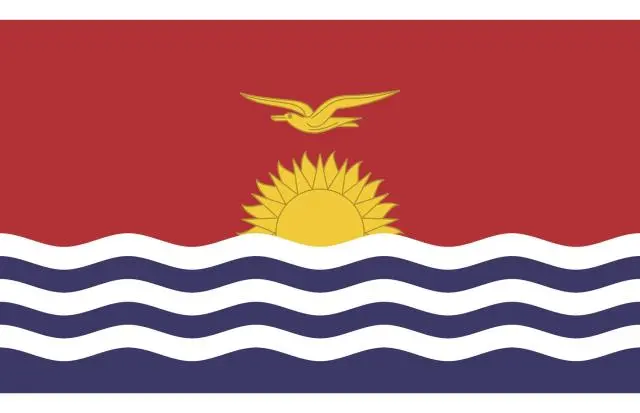How Do You Keep Frozen Food Frozen While Traveling?
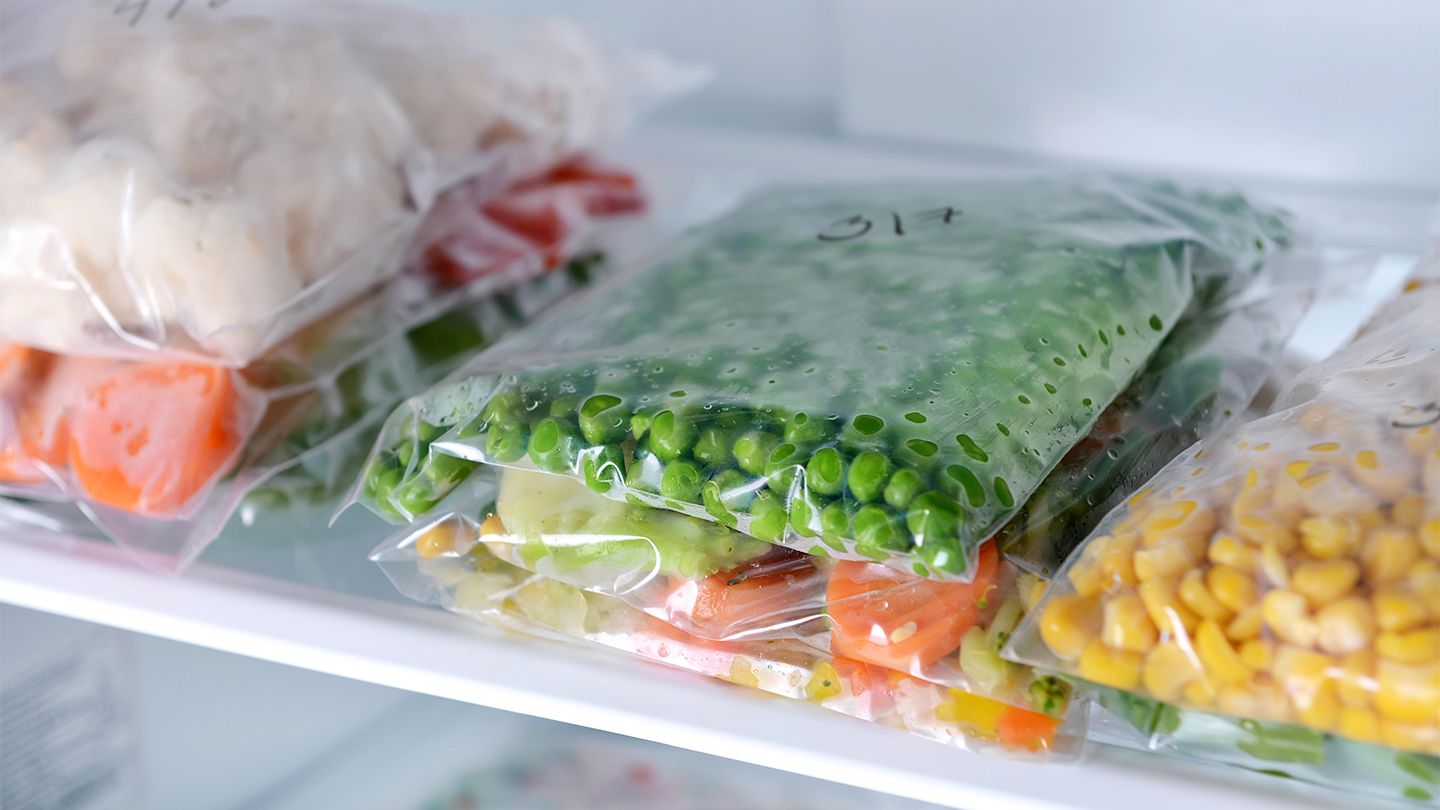
The love of travel is inherent in our human nature. The fact that we have been able to explore new lands is partly due to our ability to carry food that could sustain us on such long journeys. With this in mind, we've put together a list of some of the most effective and economical ways to freeze food while traveling. The need to bring food while traveling may vary depending on the location of the activity. , there are several suggestions. Some of the best suggestions are listed below. Are you going on holiday on a budget? The following slides show some interesting ways to keep food frozen while traveling:
Convenient Tips to Stop Freezing foods from defrosting
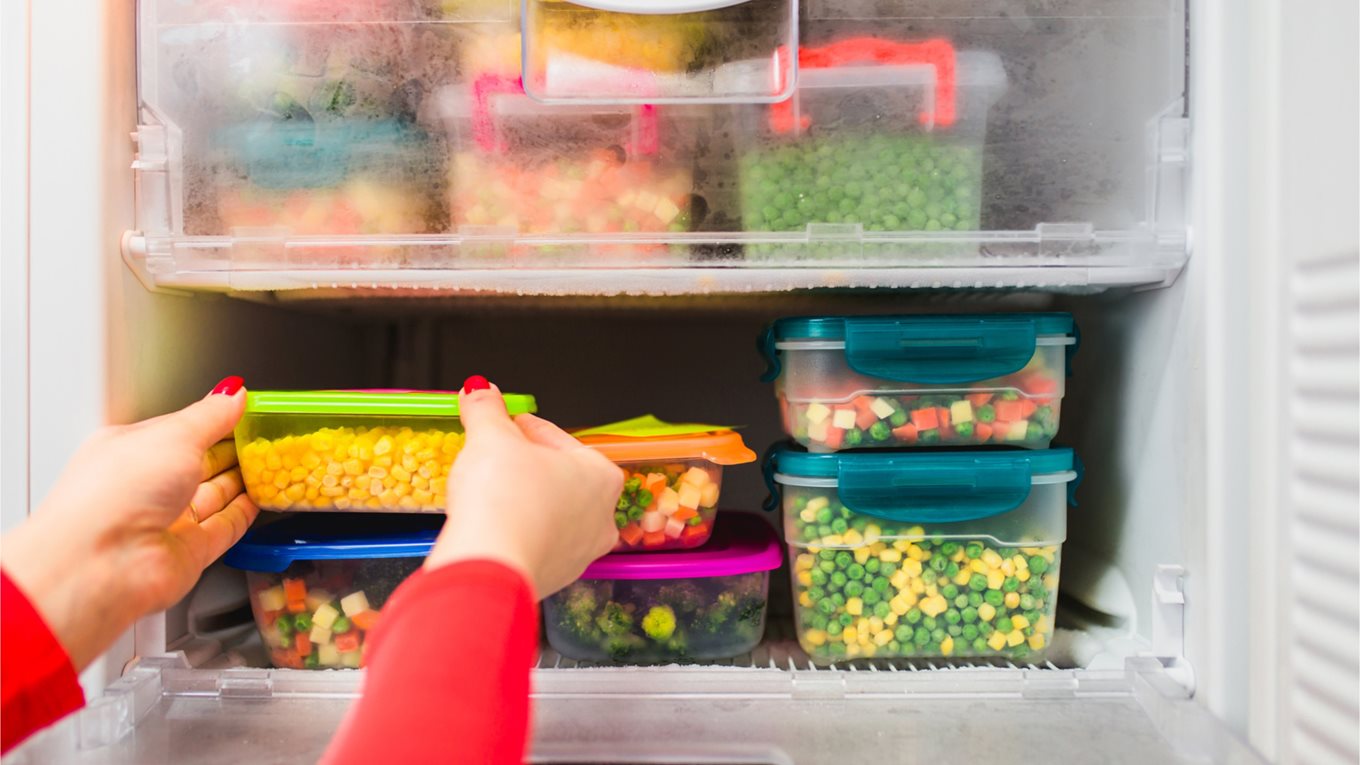
I. Choose the right cooler
The best way to select En function Depending on the duration of your trip and the amount of frozen food you transport, you need to choose the ideal refrigerator. This will help you determine the type and size of cooler you want to carry. For light objects and short distances For travel, a thermal bag or a portable polystyrene refrigerator is sufficient. They're easy to carry and large enough to fit a few meals or snacks during a day trip, like a visit to the beach or a picnic in the park. Instead yes Yes, yes, yes If you are looking for something that will last you a few days of travel, then it is best to opt for stainless steel or plastic coolers with tight-fitting lids. Tightening the lid lets very little air in and the food stays frozen for longer. Also, if you're camping in an area near cold water or snow, you can leave your refrigerator sealed in water or snow to extend the shelf life of your frozen food.
Also read this blog : How to Defrost Chicken
II. The size of the ice cream
Large and small pieces of ice you can make sure your frozen foods stay frozen. However, you will get the best results by combining both types. Smaller pieces are better for reaching all the nooks and crannies. However, large chunks of ice don't melt as quickly, meaning frozen products stay intact longer. While you can always buy blocks of ice at the store, you can also freeze ice using ice cube trays or water bottles in the freezer.
III. The Right Order
When you save your Yes Storing food properly in the refrigerator makes it easier to find specific foods without having to take them all out. So take your time and freeze your food in the right order to quickly find what you need, then close the cooling lid tightly. This prevents too much air from entering and ruining the food. Deciding on the correct order of your meals will help you manage your frozen state much more efficiently.
Also read this blog : Popular waffle Restaurant in the US
IV. Save water
We know that melting ice turns into water. Most of us tend to expel the water without knowing that it is replaced by warmer air. So, next time you want to store frozen food During a long trip, leave the water in the refrigerator when the ice starts to melt. The cold water reaches all food surfaces, even those out of reach of the ice cubes. Just make sure all the food is adequately sealed to prevent water from entering the bags.
V. Additional insulation
If you're short on ice, marinating frozen foods like ham can also be a technique Effective for storing frozen foods while traveling. Lining the bottom of your refrigerator with frozen foods can be as effective as ice, without the risk of them melting in water. Plus, you can fit more food into a smaller space. Additional insulation is especially useful when carrying lightweight, insulated bags, such as a tote bag. Adding a layer of styrofoam can greatly extend the life of the ice. You can also leave a frozen dish towel or dish towel on the bottom to add insulation.
VI. Alternatives such as dry ice
Dry ice is a great way to keep the frozen food for longer than usual when you travel. However, you need to be very careful when handling dry ice. Also make sure your refrigerator is equipped to store dry ice.
Also read this blog : TOP 25 PLACES TO VISIT IN FEBRUARY
VII. Accommodation
Your accommodation must be able to store the frozen food you bring with you. This can be inconvenient if you are staying in a hotel, as many hotel rooms have small, if any, freezers. This It is the reason why many travelers choose vacation properties. These properties are fully functional residential properties equipped with kitchens, washing machines and other similar amenities.
VIII. Keep the refrigerator away from direct sunlight
Where you store your refrigerator also has a big impact on the shelf life of frozen foods. As a general rule, avoid exposing your refrigerator to direct sunlight at any time. Instead, find a cool, shaded place to store the box. This also means that you don't have to store the fridge in the trunk. Typically, the trunk of your car is warmer than the middle of the vehicle. So leave room for your cooler on the seat, especially if you drive in hot, humid climates during the day.
IX. Plan before your trip
Traveling with frozen food may not seem easy, but the key is good planning. Important planning factors include choosing the right refrigerator and freezing your food properly before taking it on your trip. Food that has been completely frozen in an airtight bag for a long period of time is more likely to stay frozen longer than food that has only been frozen for a few hours. Also prepare the refrigerator bag or correct box. You can achieve this by pre-cooling it before loading it with frozen products. One way to prepare chili is to melt half a bag of ice cubes in it. You can also leave frozen tea towels inside and let them thaw to lower the temperature in the refrigerator.
Also read : Best Honeymoon Destinations in the US The Ultimate Guide
Keep food frozen when traveling by plane
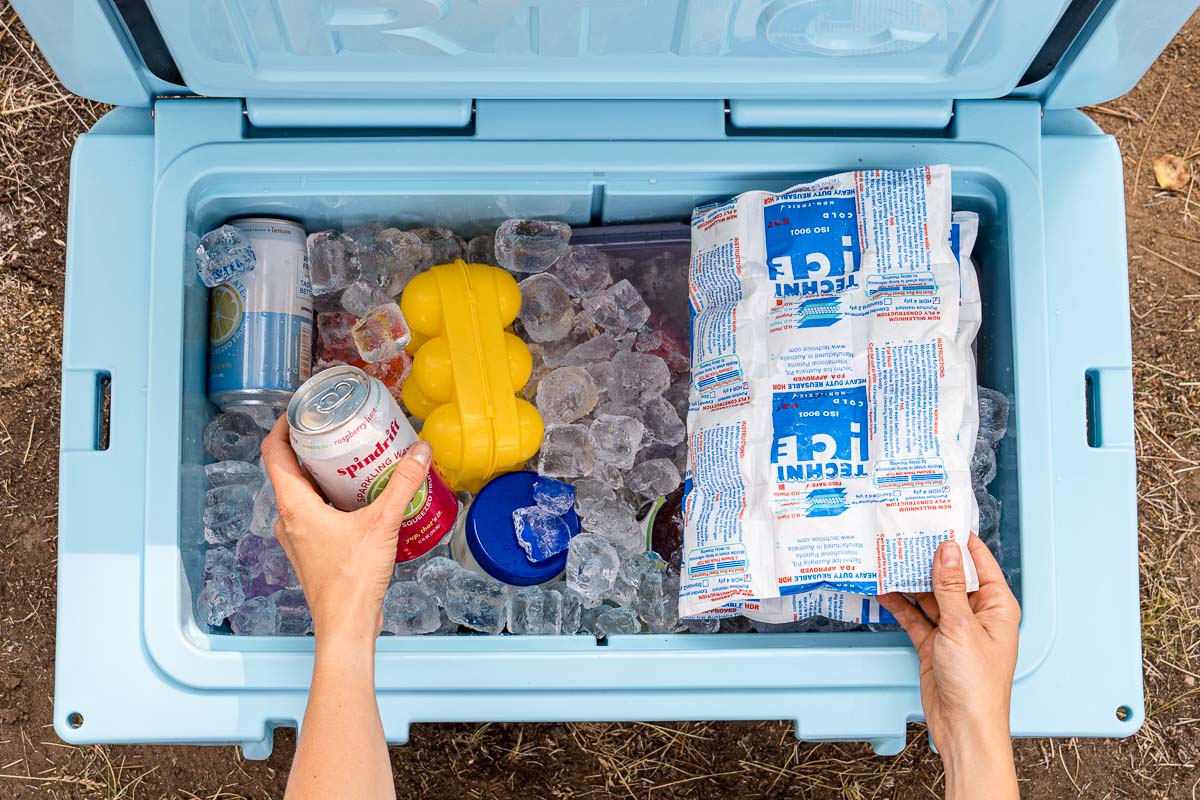
For those on the move Up On the road, transporting frozen products can be relatively simple. However, when traveling by plane, taking frozen food with you can be a daunting task, especially if it is not prepared properly. Here are some tips for freezing food when traveling by plane.
I. Limitations
It's always a good idea to read the rules and regulations of the flight you're traveling on. Most airlines are extremely picky about the types of food and liquids allowed in carry-on and checked baggage. Although the central regulator may not have a problem with frozen foods, each airline may have their own rules on what is and isn't allowed. Also, there may be guidelines on how much dry ice you can carry and how should be kept and protected. Please read the restriction information of the airline you booked your flight with.
II. Preparation
Once you've made sure you can travel with frozen food, it's time to prepare it properly. It is important to remember that food must be frozen when it goes through the security scanner. There are several ways to achieve this. First, you can put the food in a soft cooler and wrap it with ice packs. Then add enough ice cubes to prevent the frozen food and ice blocks from melting. It is important to remember to empty any loose ice cubes before your bags go through security. check. In other words, avoid ice cubes to ensure that frozen foods and ice packs remain intact during the flight and subsequent travel. This is a good technique if you are traveling with a small amount of frozen food. If you are transporting a large amount of frozen food, we recommend storing it in a safe, water-proof place. . A hermetically sealed airtight container. And cooled with dry ice. Also remember to clearly label the container and indicate that it contains dry ice. You can too It's a good idea to arrive at the airport in time to check in your bags and go through security. Once through, you can breathe a sigh of relief at the gate and wait for your flight, instead of having to deal with the stress of a possible delay .
III. Communication
Finally, contact the airline staff. When you arrive at airport security, please inform them of the contents so they can review them accordingly.
Conclusion
Our frozen food travel tips are designed to help you You can travel with your favorite foods, without stress. But where you stay while traveling can have a big impact on the quality of your food supplies. Rental accommodation offers the perfect solution for traveling in comfort. On Rental Trader you can choose between different properties based on your preferences and comfort.





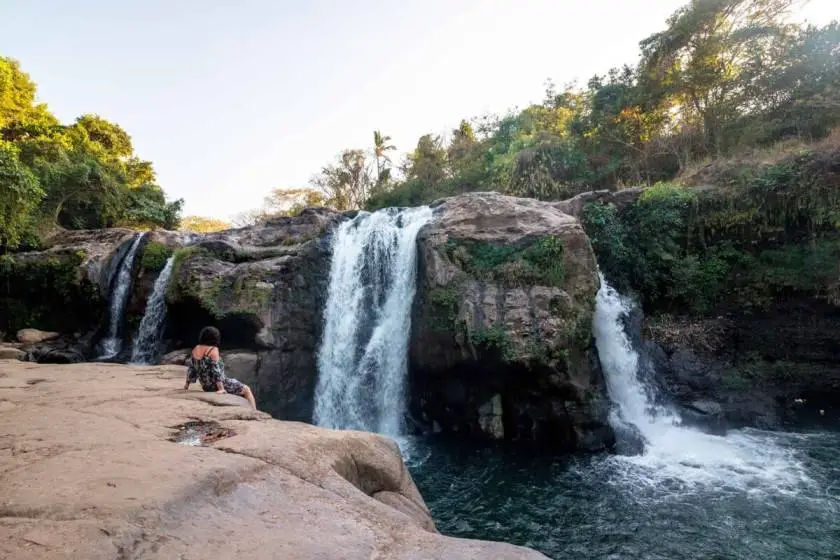

 (1).webp)



